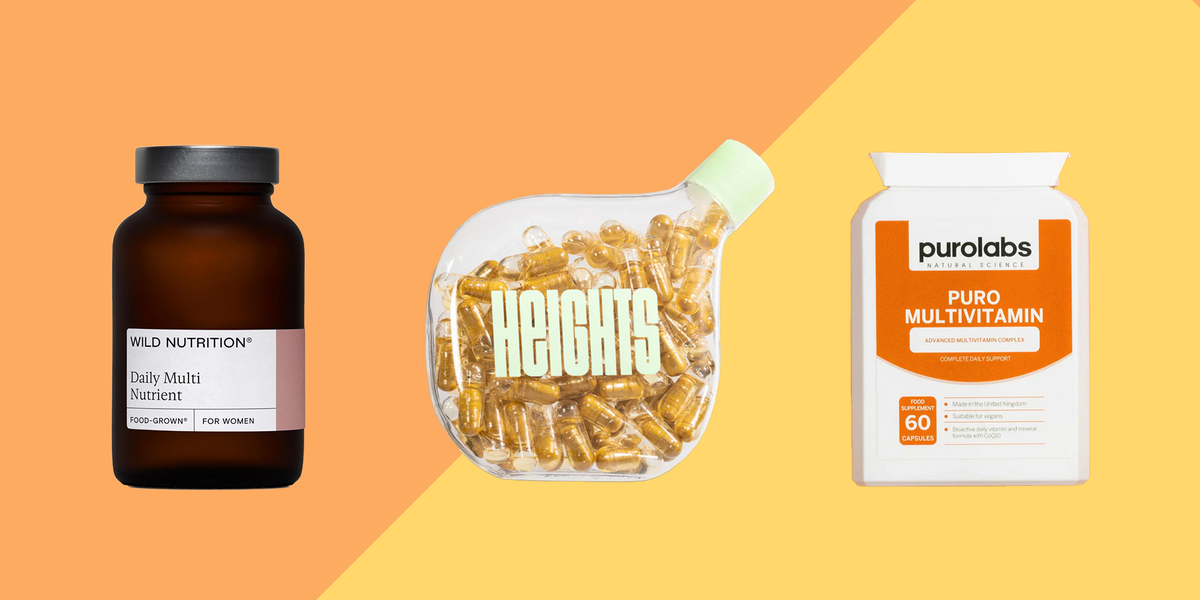Who should take a multivitamin supplement?
According to Dr Bradshaw, multivitamin supplements aren’t essential for everyone. “They are only relevant if you have a clinical need or are otherwise unable to meet the recommended daily amounts for your age and circumstances naturally,” she says.
For instance, those on a vegetarian or vegan diet may be at risk of deficiency in nutrients, which are primarily found in animal products like B12, while women with heavy periods may require iron supplementation. Multivitamin supplements may also be beneficial as we get older, as our bodies find it harder to absorb certain nutrients as we age.
How to choose a multivitamin supplement
“A multivitamin supplement should contain a range of essential vitamins and minerals, so look out for vitamins A, C, D, E and K, and B vitamins such as B6, B12 and folic acid,” advises Dr Bradshaw. “Minerals including magnesium, zinc, calcium and iron should ideally be in a multivitamin too.”
You should check that the supplement meets the recommended daily amount for nutrients by looking for the nutrient reference values (NRVs) on the label. Ideally, you want a multivitamin that provides 100% of the NRVs for most essential vitamins and minerals.
“It’s worth noting that going above the daily recommended amount won’t have a beneficial impact and could in fact cause detriment to your health,” notes Bradshaw.
“Look for products that have been tested by credible third parties such as NSF International and British Pharmacopoeia,” she adds.
She also recommends assessing your diet and lifestyle and thinking about where you need to fill the gaps. For instance, everyone should consider supplementing with vitamin D (the recommended intake for anyone over the age of one is 10mcg) between March and October when we don’t make enough from sunlight, as it’s difficult to get what you need from diet alone.
Finally, consider which type of supplement would suit you best. If you’re not a fan of swallowing tablets, consider a liquid, spray or gummy.
Who should not take a multivitamin?
While multivitamin supplements are generally safe for most people, they’re not for everyone. “If you’re taking prescription medication, it’s essential to discuss this with your doctor to avoid any conflicts,” says Dr Bradshaw. “Vitamins such as iron can interfere with absorption of specific medications.”
Also exercise caution if you’re already taking other supplements as you don’t want to overdo it. “If, for example, you’re taking a multivitamin and a skin, hair and nails supplement’, you’re likely having too much of one or more components,” explains Dr Bradshaw.
“Anyone taking multiple supplements that haven’t been prescribed by a doctor, dietician or qualified practitioner should talk to a medical professional or dietician for advice.
When is the best time to take a multivitamin supplement?
Dr Bradshaw recommends taking your multivitamin supplement alongside a meal containing fat to aid the absorption of fat-soluble vitamins like vitamin D. “It’s best to take it at roughly the same time each day so you consistently get the nutrients and minerals you need,” she says.

